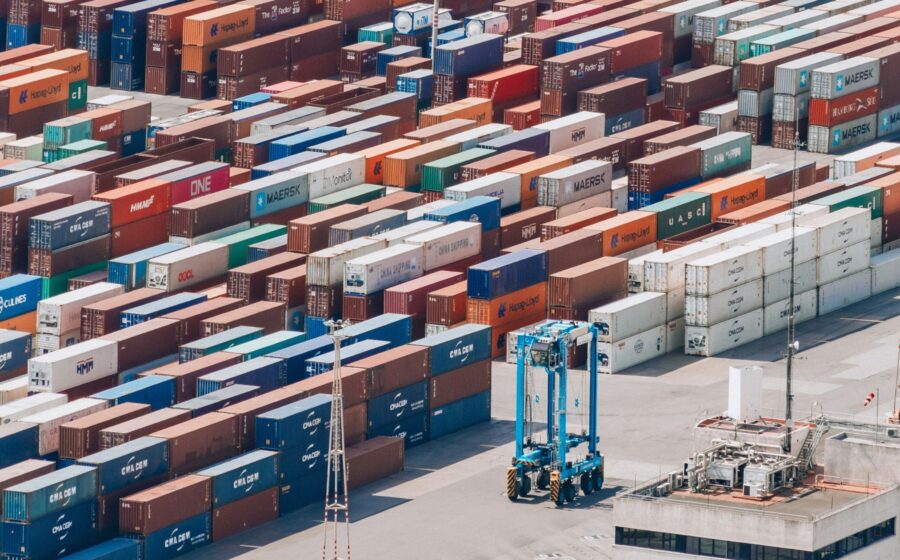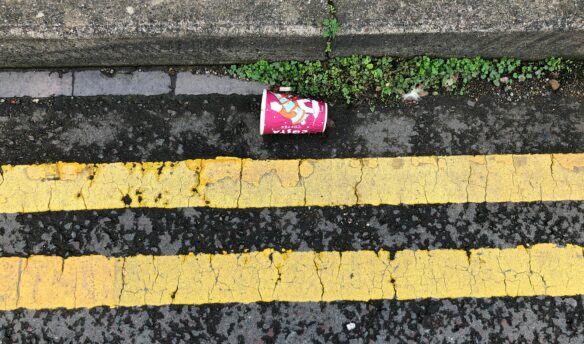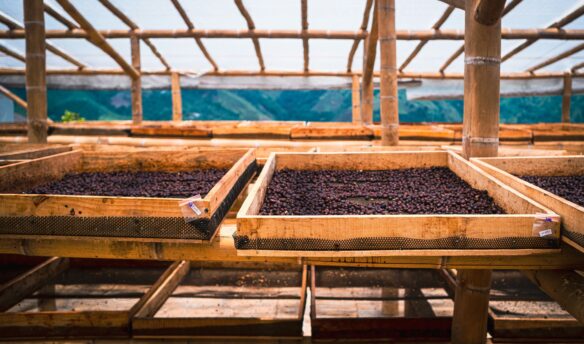✉️ This story was featured in this week’s Coffee News Club
👋 Get the Coffee News Club newsletter in your inbox weekly—sign up.
On April 2, the Trump administration announced sweeping tariffs against most of the United States’ trading partners. While widely anticipated, the scale of the move sent the world economy into turmoil. The tariffs have been widely criticized, with the Financial Times editorial board calling Trump’s announcement “one of the greatest acts of self-harm in American economic history.”
Tariffs are essentially a tax paid, in this case to the U.S. Treasury, by an importing company for goods from a specific area. The costs incurred by a tariff are usually passed on to the consumer, likely meaning price increases for coffee in the U.S.
Under Trump’s proposed plan, nearly every country with which the United States trades will be subject to a baseline 10% tariff. Some countries, including many coffee-producing countries, were slapped with additional tariffs. Goods from China, an emerging coffee-producing country, will see a 54% tariff.
As reported by Marcelo Teixeira for Reuters, some of the world’s largest green coffee exporters face especially steep tariffs:
- Vietnam: 46%
- Indonesia: 32%
- India: 26%
Although there are no additional tariffs on countries like Brazil and Colombia, they are two of the world’s largest coffee exporters, and the baseline 10% is sure to have an impact.
There’s some confusion as to how the tariff numbers were determined. Some have alleged they were devised using generative AI like ChatGPT.
“Vietnam is the big one that sticks out,” Tomas Araujo, a broker at StoneX, told Teixeira about the world’s second-largest coffee producer. “Going forward, it will be a challenge for the supply chain and to end users, with added costs.”
Assuming the tariffs go into effect as announced, the impact on the coffee industry will be extreme. The U.S. is the world’s biggest coffee importer, bringing in 18% of all coffee produced in 2023.
The National Coffee Association has already requested that coffee be exempted from the tariffs because “there is no alternative to imported coffee,” wrote CEO William “Bill” Murray. Judy Ganes from J Ganes Consulting told Teixeira that she expects the industry to continue lobbying: “I personally doubt the tariffs will stick.”
Fresh Cup created a live tool that tracks tariff rates on coffee-producing countries. Check it out here.
















